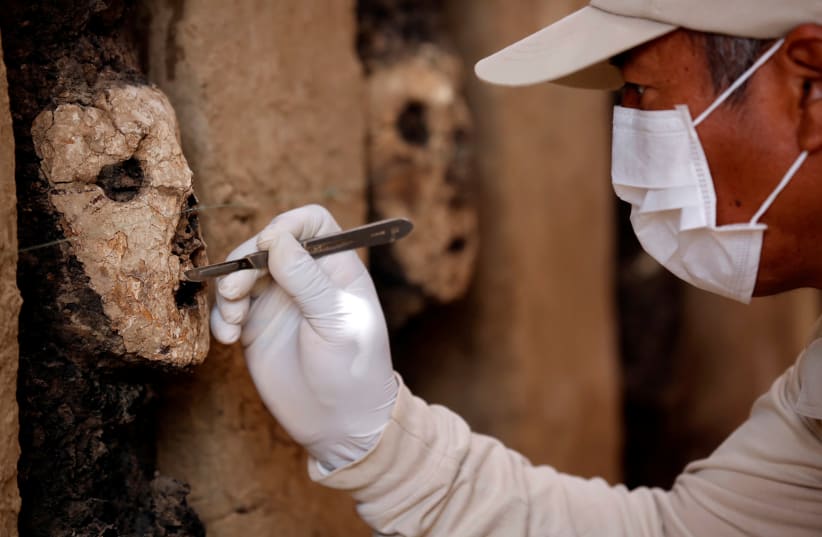Movie archeologists often seek buried treasures, and at times do find them as in the now mythic discovery of the Tutankhamun burial treasures by Howard Carter in 1923, but Dr. Piers D. Mitchell spend his days looking for something that is even harder to find – preserved human feces.
While digging in Turkey, he was able to find remains of human feces and discover it contains, common to the early development of human settlement, marking the shift from nomadic lives to agriculture based communities.
Paleo-diet is a modern diet which claims to re-introduce to modern people the foods consumed by our human ancestors before agriculture came into being.
While the benefits of giving up grains, baked goods, alcohol and sugar remain to be studied – Scientists like Mitchell offer us a real insight into the actual diets of Neolithic people.
